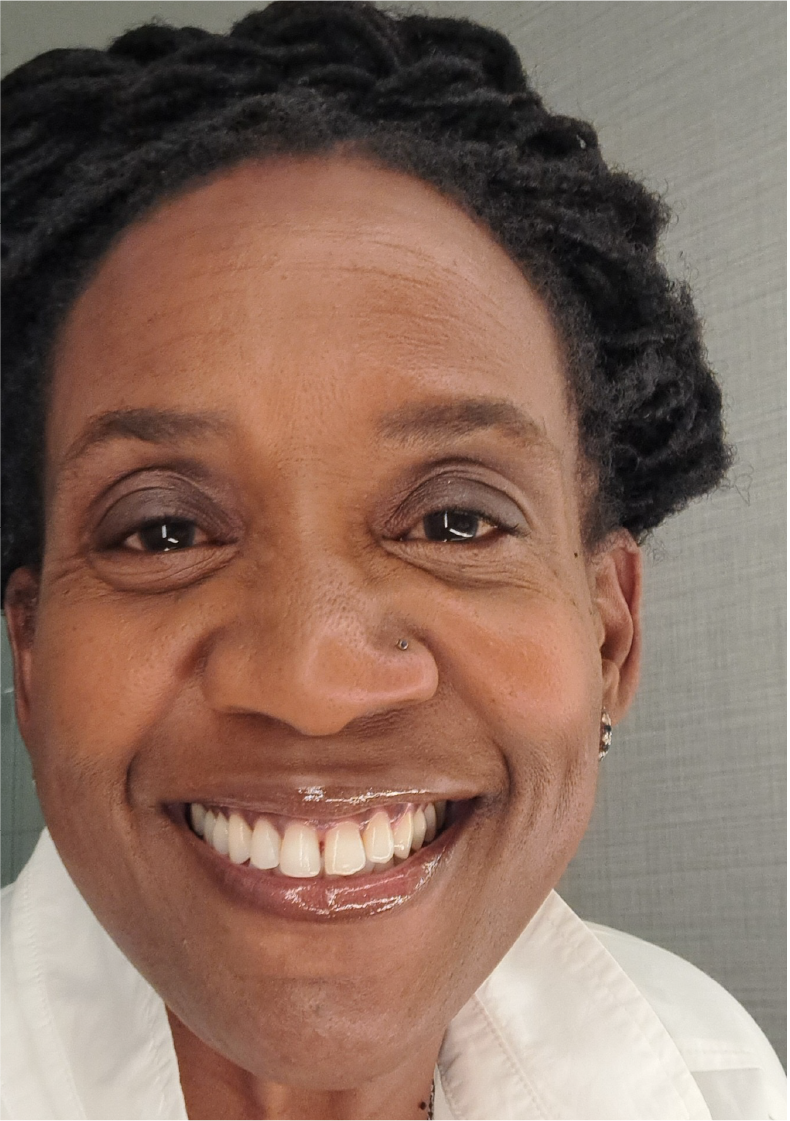Marjorie’s client, a Black woman, her first, is contemplating a career change. One of the few employees of color, she has worked as an assistant editor for five years at a well-known publishing company. The white assistants have been promoted to editor within their first two years. According to her performance evaluations, her work has been outstanding, and she is an asset to the company.
Marjorie’s client is depressed and angry and has experienced several outbursts during their sessions. The client must decide whether to start her career over at a new company or continue her employment hoping she will be promoted next. Marjorie ignores her client’s concern about race, thinking, “This can’t be the real issue. The company has published numerous books and articles by people of color.” Marjorie refers her client to a psychotherapist for mood changes, depression, and anger, and begins the session. Marjorie believes she will be able to assist her client, as she has so many others in a similar situation.
Although the scenario above is fictitious, these experiences are all too common for the global majority when seeking medical treatment or psychotherapy, trying to obtain an education, or the experiences of systemic racism in the culture of most employers. Coaching clients of the global majority will require awareness of the history of race, racism, racial trauma in their past and present experiences, and most important awareness of the bias’s held by the coach.
Research and reading articles and books, attending conferences, and attending educational opportunities offered by coaches of color will help a coach gain insight into those experiences. It will also help the coach recognize when a client shows signs of a racial trauma response, helping to facilitate a successful coaching experience affirming the individual client’s experiences as the true.
According to the research project of Charmaine Roche and Jonathan Passmore, Racial Justice, Equity and Belonging in Coaching,[1] color blindness is a belief that race, or skin color does or should not matter. Denying this client’s experience as a Black woman in this company and assuming one can coach her based on the former success with other clients who are not of the global majority will do more harm than good, no matter the good intention. Those experiences must be acknowledged and affirmed based in the coach’s awareness and sensitivity to the client’s identity and environment.
As coaches, we must always be aware of the long history of racial inequality, injustice, and inequity, not only in American society, but all western cultures. There is a gap in coaching research by coaches of color and in coaching clients of color. In time, more research will be done. Below is a list of some resources to learn more when coaching Black clients:
- Agorom, Chichi, The Enneagram for Black Liberation
- Aiko Bethea
- Bernstein, A F (2019) Race Matters in Coaching: An Examination of Coaches’ Willingness to Have Difficult Conversations with Leaders of Color. PhD Thesis: Columbia University
- Cone, James The Cross and the Lynching Tree
- DeGruy, Dr. Joy, Post Traumatic Slave Syndrome,
- Hannah-Jones, Nikole, The 1916 Project
- Hersey, Tricia, Rest is Resistance: A Manifesto
- Hurst, M L (2011) Examining the relationship between racial identity status and race-related stress in African Americans. PhD Thesis, 72 (4-B), 2459
- Kendi, Ibram X. How to Be an Antiracist, Stamped from the Beginning
- Maltbia, T (2021a) I am not a racist: The role of race in coaching. Webinar, British Psychological Society
- Menakem, Resmaa, My Grandmother’s Hands: Racialized Trauma and the Pathway to Mending Our Hearts and Bodies
- Pennington, G (2009) Coaching Black American Coachees. In: J Passmore (ed.) Diversity in Coaching: Working with Gender, Culture, Race, and Age. London: Kogan Page, pp 181-94.
- Roche, C (2021) Decolonizing coaching. Coaching Perspectives, January, 10–13
- Roche, C & Passmore, J (2021) Anti-racism in coaching: A global call to action. Coaching: An International Journal. Under review
- Rothstein, Richard, The Color of Law
- Steele, Claude M., Whistling Vivaldi
- Thandeka, Learning to be White.
- Wilkerson Isabel, Caste: The Origins of Our Discontent


